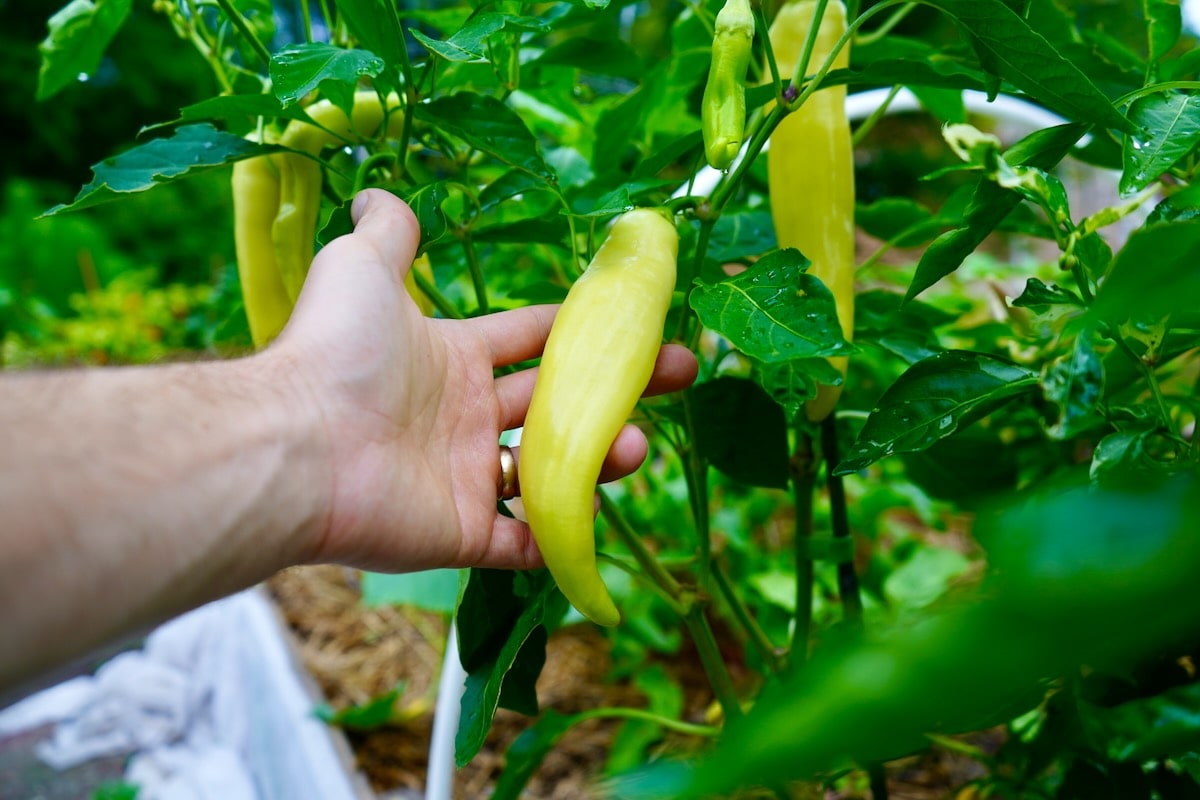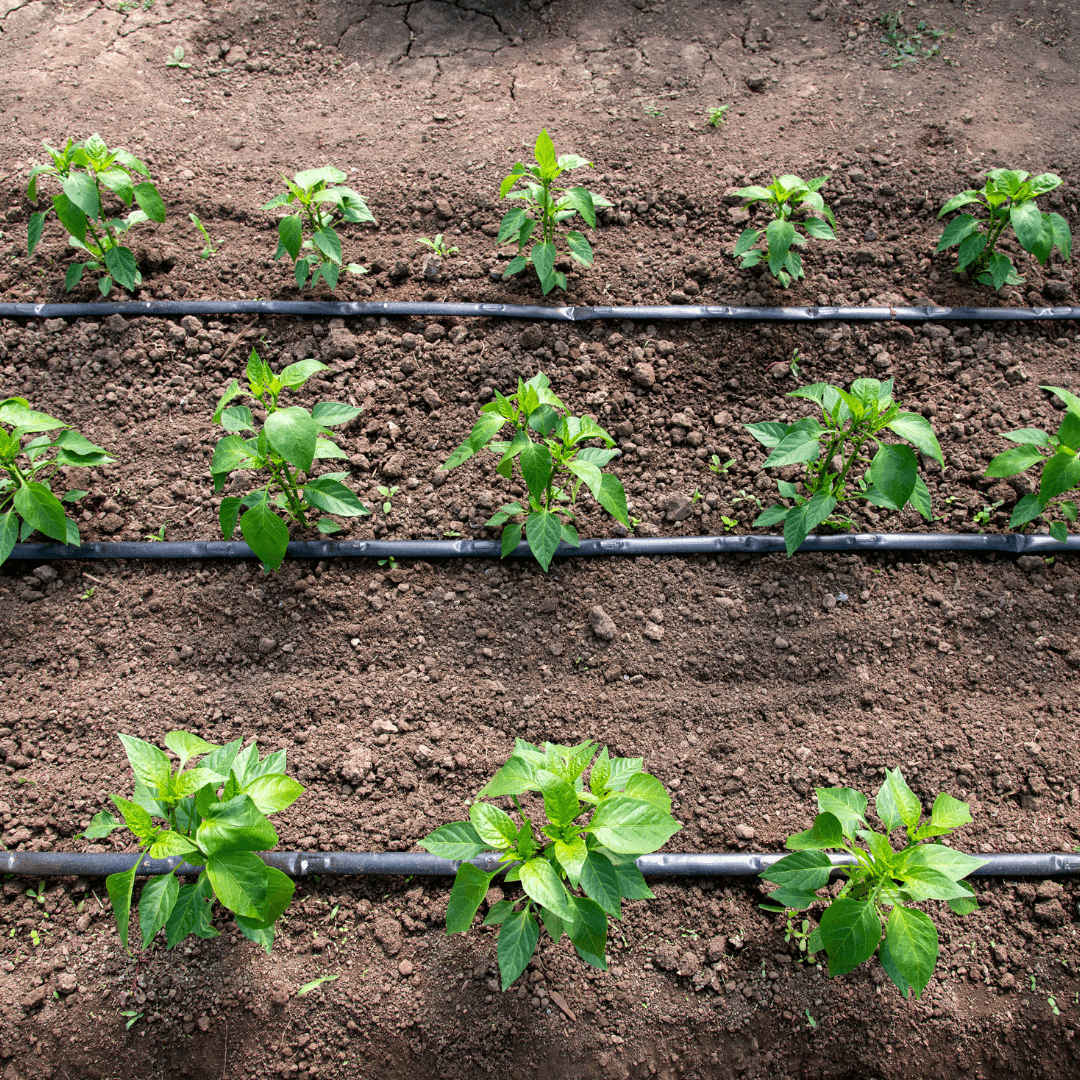Best Fertilizers for Peppers: Maximize Plant Health and Yield
Best Fertilizers for Peppers: Maximize Plant Health and Yield
Blog Article
How Fertilizers Play an Essential Duty in Growing Healthy and Bountiful Pepper Crops
Plant foods work as the foundation of successful pepper farming, supplying a calculated technique to nourishing the soil and promoting optimum plant development. The elaborate dance between vital nutrients and the pepper plants' physical processes underscores the essential function that fertilizers play in making sure an abundant harvest. From fueling durable root growth to reinforcing disease resistance, the impact of fertilizers is far-ranging in the farming of healthy and balanced and rewarding pepper plants. Stay tuned to reveal the nuanced methods which plant foods add to the prospering of pepper plants and the sustainable techniques that underpin their efficiency.
Value of Nutrient-Rich Plant Foods
The use of nutrient-rich plant foods plays an essential duty in enhancing the productivity and high quality of pepper crops in modern agricultural techniques. Nitrogen, potassium, and phosphorus are primary nutrients that are vital for the development and advancement of pepper plants.
Insufficient levels of these nutrients can bring about stunted growth, reduced yields, and susceptibility to conditions (best fertilizers for peppers). Nutrient-rich plant foods provide a targeted remedy to make certain that pepper plants obtain the necessary elements for optimal development and performance. Additionally, these fertilizers help improve dirt fertility over time, developing a sustainable environment for long-term pepper growing
Enhancing Plant Development and Advancement
To maximize plant development and growth in pepper crops, calculated application of nutrient-rich fertilizers is crucial. Plant foods play a vital function in boosting the general health and wellness and efficiency of pepper plants by providing them with crucial nutrients that may be doing not have in the soil. Nitrogen, potassium, and phosphorus are key macronutrients called for in big amounts by peppers for robust growth. Nitrogen help in leafy environment-friendly development and total plant vitality, phosphorus sustains root growth and blossom formation, while potassium contributes to disease resistance and fruit quality.
Iron, for circumstances, is necessary for chlorophyll manufacturing, which is important for photosynthesis and general plant growth. Zinc plays an essential role in enzyme activity and hormonal agent synthesis, impacting plant growth and development at a cellular degree.

Boosting Disease Resistance With Fertilizers
By purposefully integrating targeted fertilizers, farmers can strengthen the condition resistance of pepper crops, making certain ideal plant wellness and productivity. Fertilizers containing crucial nutrients like phosphorus, potassium, and nitrogen play an essential function in reinforcing pepper plants' immune systems, making them extra durable to different illness. Nitrogen, for instance, help in the production of healthy proteins that are crucial for plant defense devices. Phosphorus adds to root growth, allowing plants to better soak up nutrients and water, thus improving their capacity to repel illness. Potassium controls procedures that improve total plant wellness, making peppers more durable versus pathogens.

Taking Full Advantage Of Pepper Return Through Fertilization
Utilizing a well balanced fertilizing technique is vital to attaining optimum pepper yield and ensuring ideal plant efficiency. By supplying peppers with the ideal nutrients at the correct time, farmers can considerably improve their return capacity. Nitrogen, potassium, and phosphorus are vital components for pepper growth, with nitrogen helping in fallen leave and stem development, phosphorus supporting root development and blossom formation, and potassium promoting total plant health.
To optimize pepper yield, it is essential to carry out dirt tests to determine existing nutrition levels and identify any deficiencies that require to be dealt with. Based on these outcomes, farmers can establish a customized fertilization plan that satisfies the specific needs of their pepper crops. In addition, appropriate fertilization methods such as split applications throughout the growing helpful hints season can make certain continual nutrient availability for the plants.

Sustainable Plant Food Practices for Peppers
In thinking about sustainable plant food practices for peppers, it is vital to concentrate on long-term soil health and ecological stewardship in combination with making the most of crop productivity. One key method is the usage of organic plant foods such as compost, manure, or cover crops, which not just give essential nutrients to the peppers yet likewise contribute to dirt framework and microbial activity. best fertilizers for peppers.
In addition, accuracy farming methods, such as soil testing and targeted nutrient applications, can aid maximize fertilizer usage, ensuring that peppers obtain the nutrients they require without excess overflow into rivers. This not only profits the atmosphere by minimizing air pollution yet also conserves prices for farmers by minimizing waste. By taking on sustainable plant food techniques, pepper growers can secure the health of their crops, dirt, and bordering ecological communities for future generations.
Conclusion
To conclude, plant foods are crucial for cultivating abundant and healthy pepper plants. best fertilizers for peppers. They provide needed nutrients for plant development and growth, increase condition resistance, and maximize yield. By executing lasting fertilizer techniques, farmers can make sure the long-term wellness of their pepper plants and contribute to a much more environmentally-friendly and reliable agricultural system
The detailed dancing between crucial nutrients and the pepper plants' physical processes underscores the essential function that plant foods play in guaranteeing a plentiful harvest.To maximize plant development and advancement in pepper plants, tactical application of nutrient-rich plant foods is crucial. Fertilizers play an essential duty in boosting the overall health and wellness and productivity of pepper plants by offering them with essential nutrients that may be his response doing not have in the a fantastic read dirt.By tactically integrating targeted plant foods, farmers can reinforce the illness resistance of pepper plants, making certain optimal plant wellness and productivity. Plant foods containing crucial nutrients like phosphorus, potassium, and nitrogen play a critical duty in strengthening pepper plants' immune systems, making them a lot more resistant to various illness.
Report this page